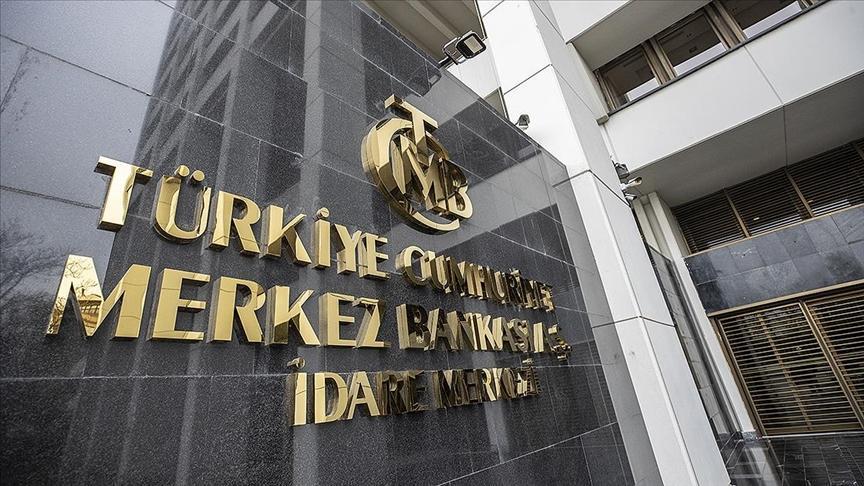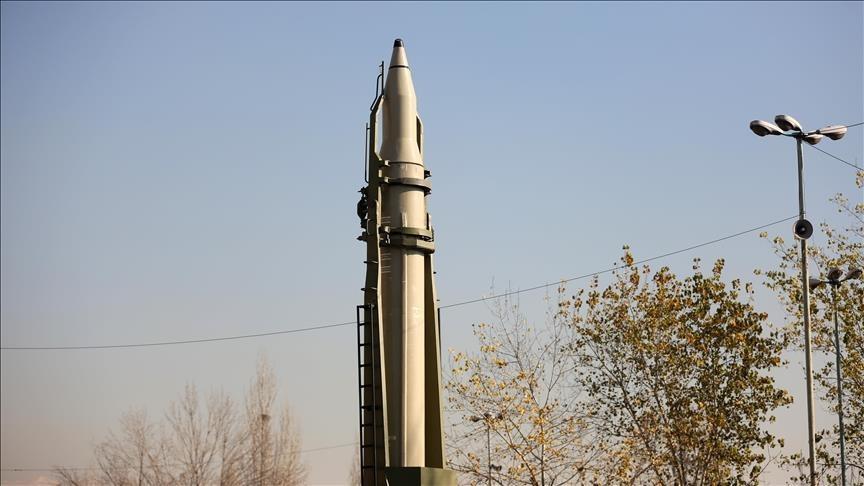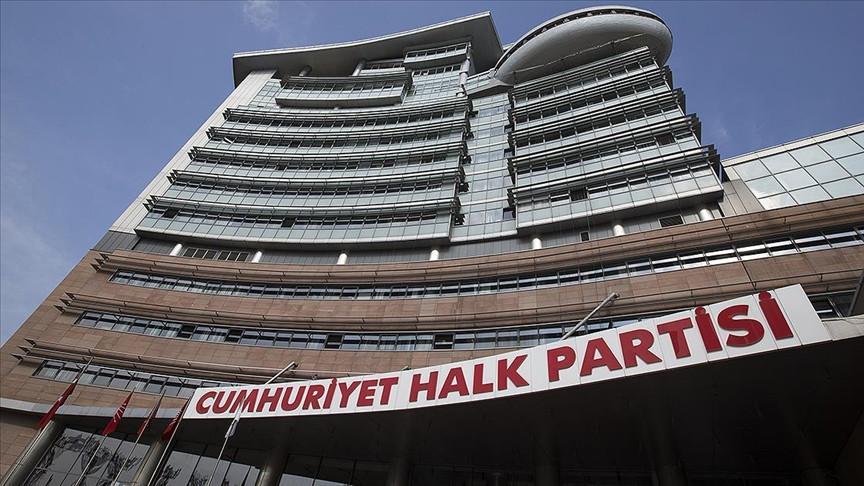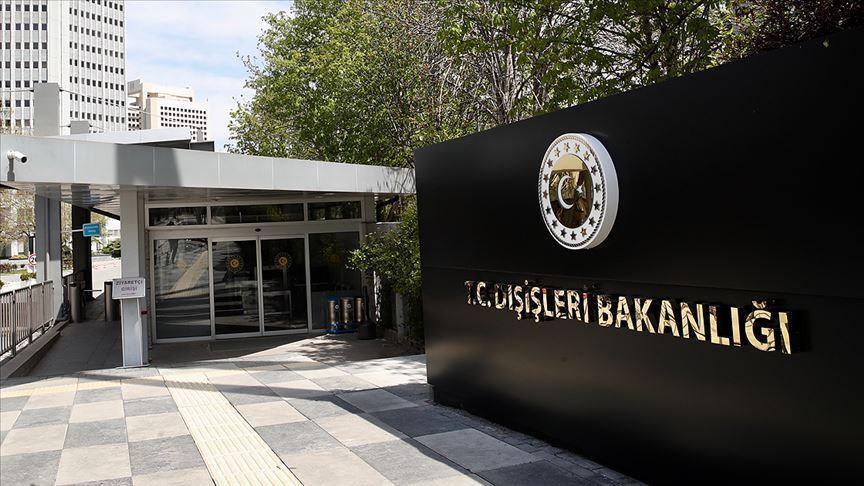Byzantine games over Turkey’s new charter
The efforts by the ruling Justice and Development Party (AK Parti) to effect a constitutional shift from Turkey’s parliamentary system to an executive-presidential one have stepped up with support from Devlet Bahçeli, the leader of the opposition Nationalist Movement Party (MHP).
That has been the political target of President Tayyip Erdoğan for a long time. Complaining about being slowed down by parliament and the courts, Erdoğan wants a stronger executive by decreasing the role of the prime minister and increasing that of the executive on legislation and the judiciary; that means fewer checks and balances.
When Bahçeli said that in order to get rid of the “de facto presidency” under Erdoğan, which he claimed “might pave the way for new coup attempts,” his party would agree to go to a referendum over the AK Parti proposal if they bring it to parliament, Prime Minister Binali Yıldırım immediately agreed.
The two other opposition parties strongly reacted as expected. Selahattin Demirtaş, the co-chairman of the People’s Democratic Party (HDP), which is focused on the Kurdish issue, accused the AK Parti and the MHP of “dragging the country into a dictatorship hand-in-hand.” The HDP has very little hope of being included in political projections by the AK Parti, unless it unequivocally condemns the acts of terror by the outlawed Kurdistan Workers’ Party (PKK) and distances itself from it.
But the social democratic main opposition Republican People’s Party (CHP) is not like that. It is actually the rational partner for the AK Parti for a real reform in the system for a better democracy. And that’s not just because it represents a counterbalance to the AK Parti with its conservative and partly Islamist grassroots, but also because the two could achieve a sizable majority in parliament of 75 percent of voters when they combine their forces.
The AK Parti has 317 seats in the 550-seat Turkish parliament, although that is effectively 316 since the speaker is from the AK Parti and cannot vote. The CHP has 133, the HDP 59 and the MHP 40. The AK Parti and CHP together reach 449, well beyond the two-thirds qualified majority of 367. The AK Parti and MHP, on the other hand, have 356, 11 short of the magic figure of 367, but in excess of the three-fifths majority of 330 which is enough to take the draft to a referendum.
Kemal Kılıçdaroğlu, the leader of the CHP, has become upset since he previously said he had given a positive response to the call of PM Yıldırım to make the constitution together through a commission in parliament. He accused the MHP of being in a plot with the AK Parti to finish off the parliamentary system to pave the way for one-man-rule in Turkey.
At that point, Bahçeli said his support was to take the AK Parti draft to the people, but in the referendum, he and his party would vote against the executive presidential system; instead, he said he was for the strengthening of the parliamentary system.
Then AK Parti officials started to talk about April or May being the date for a referendum, as well as the inclusion of a new election law in the constitutional package.
Actually, those two factors are also things the CHP expects in a new constitution, together with a reform to ensure judicial independence and the separation of powers. To decrease the unfair 10 percent election hurdle is something the CHP is also looking for. But the AK Parti and CHP cannot agree on one key issue in regard to judicial reform. The CHP says judges to be elected to the top judicial posts should get elected with a qualified majority by parliament in order to force the parties to engage in reconciliation. But the AK Parti says a simple majority would be enough, which means the governing party will determine all the top judicial positions. Plus, both the CHP and the MHP wants the president to be accountable to the Constitutional Court; currently the president is unaccountable to everything he or she does in office except treason.
Being against an executive presidential system, the CHP will only be ready to discuss it if the AK Parti comes up with proposals suggesting the empowerment of the judiciary through reform, increasing control of parliament over the government and making the president accountable as well.
What the AK Parti is trying to do by courting the MHP might be to force the CHP to cooperate with them over the new constitution. But trying to do that with the stick of a referendum is a dangerous game.
A referendum is one of the most primitive political tools since it aims to design the future of nations (unlike elections with limited time) with momentary perceptions and feelings. Brexit is the best example to see that referendums are to be avoided for the long-term future of countries, no matter how attractive they appear in the short run.











